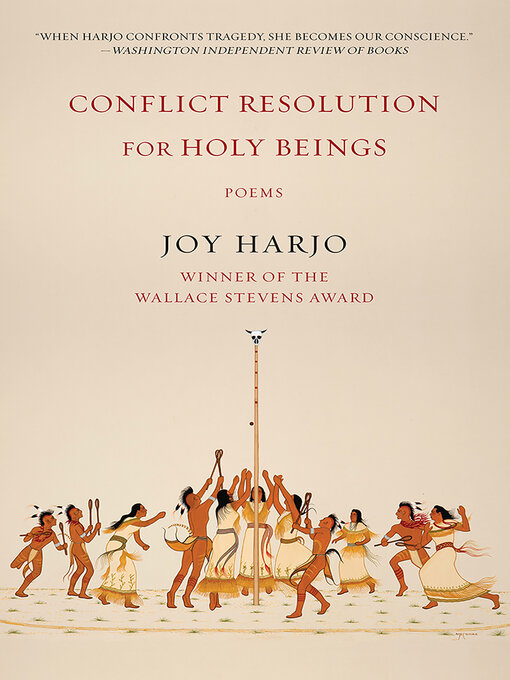A musical, magical, resilient volume from the first Native American Poet Laureate of the United States.
In these poems, the joys and struggles of the everyday are played against the grinding politics of being human. Beginning in a hotel room in the dark of a distant city, we travel through history and follow the memory of the Trail of Tears from the bend in the Tallapoosa River to a place near the Arkansas River. Stomp dance songs, blues, and jazz ballads echo throughout. Lost ancestors are recalled. Resilient songs are born, even as they grieve the loss of their country. Called a "magician and a master" (San Francisco Chronicle), Joy Harjo is at the top of her form in Conflict Resolution for Holy Beings.
Finalist for the Griffin Poetry Prize



